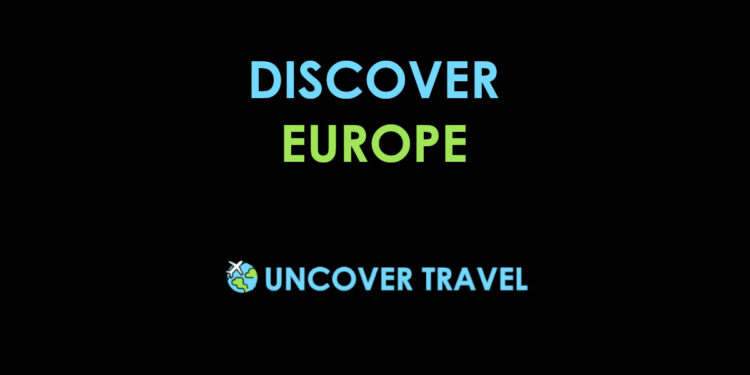By tradition, Glasgow is an intense and loud city. Home to a Necropolis cemetery, the old working class of Gorbals and an urban landscape of new buildings and bridges that has sprung up around the River Clyde, Glasgow is also a warm, down-to-earth cultural metropolis.
In 1136 the foundation of Glasgow’s cathedral was built and just over 100 years later, in 1451, the foundations for the University of Glasgow were laid. In the 1700s the city saw further changes when the Scottish parliament was dissolved and the country became part of the United Kingdom. This move gave Scotland access to trade routes that England previously had a monopoly over, and Glasgow was situated in a perfect place to take advantage of the trade winds. The city began to trade cotton and tobacco and by the 1800s it was selling 46 million tons of tobacco per year, which is roughly 30 trillion cigarettes. Glasgow quickly became a very wealthy city.
When the United Stated gained independence trading was lost. Glasgow had coal and started building steam locomotives, shipping them all over the world. Although the locomotive industry no longer exists, the crane that loaded the trains onto the ships remains erected today as a monument.
After the locomotive industry came to an end, the city once again blossomed when it took advantage of its position on the deepened Clyde River to become a world famous ship building city. It was estimated that over 30,000 ships were built here just after World War II, including the Queen Elizabeth II. The shipping industry went into decline when Japan and Korea began to construct ships at a cheaper cost.
Following the decline of the shipping industry Glasgow became a violent place, known for drugs, violence, alcohol and anti-social behaviour. Since the 1980s the city has been reinventing and redefining itself and has succeeded in becoming a modern metropolis. With two universities, The University of Glasgow and Strathclyde University, it now has a population of over 750,000 and over 10% are students.
Glasgow is also a very cultural city and was voted the European Capital of Culture in 1990 and bestowed the title of UNESCO city of music in 2008. With countless museums and galleries, it truly is a cultural hotbed. Every year the city hosts the World Pipe Bank Championships, many celtic-inspired festivals and has produced many world-famous musicians and bands, including Amy MacDonald and Franz Ferdinand.
SOURCES:
- Information provided by Discover Scotland tour guide
- Marco Polo – Scotland




